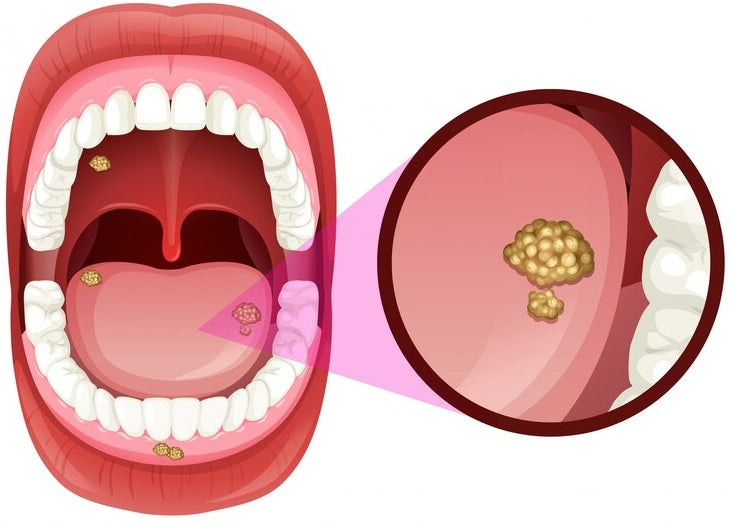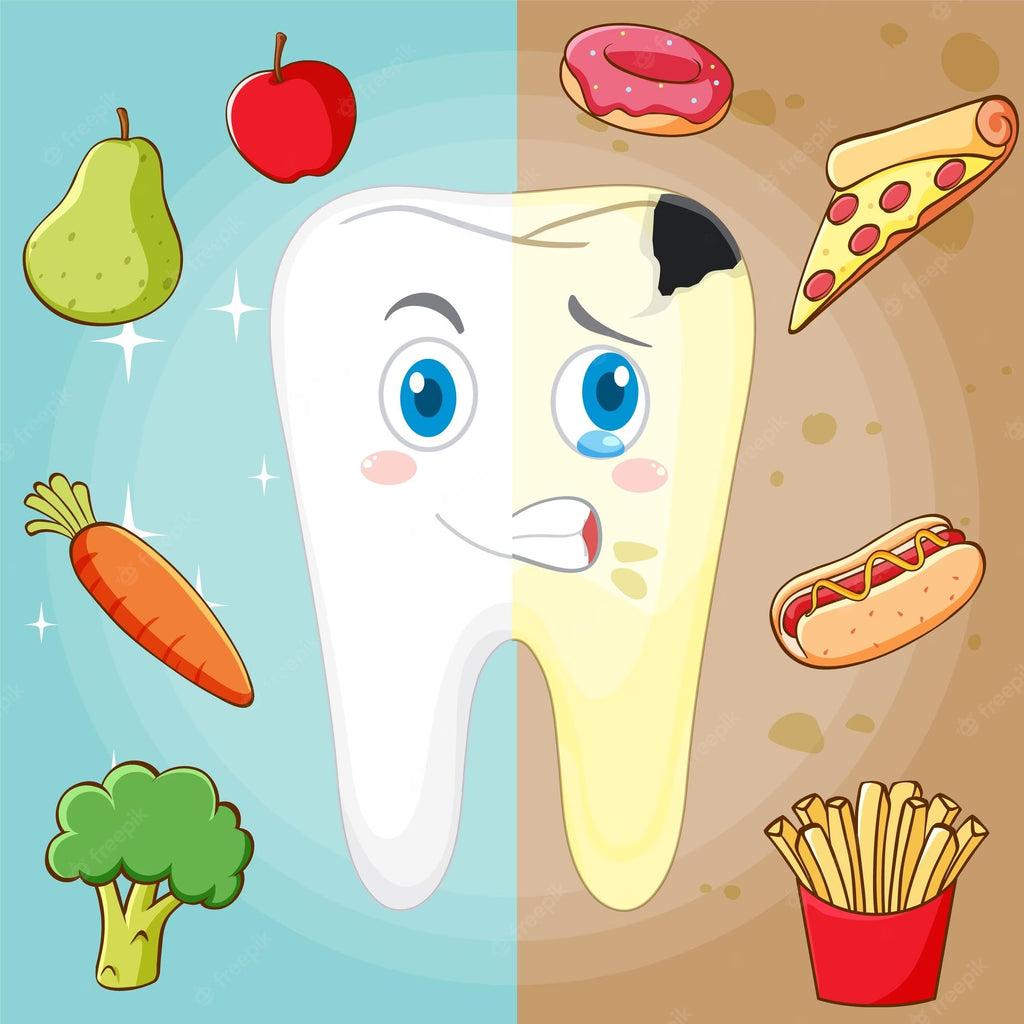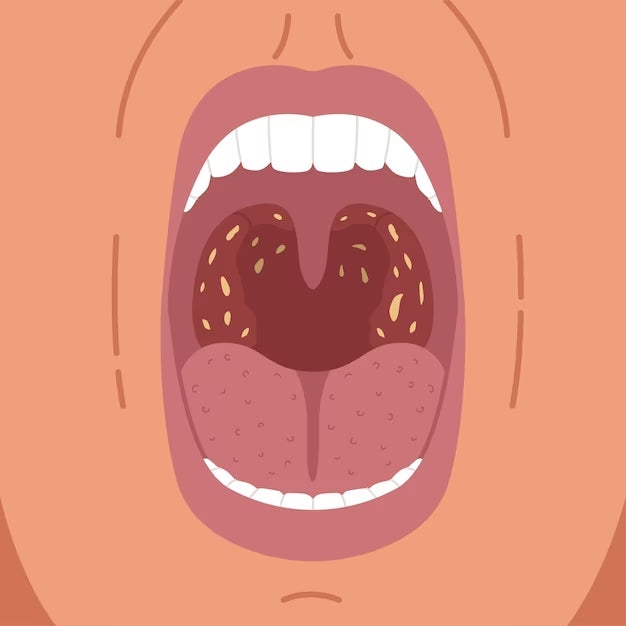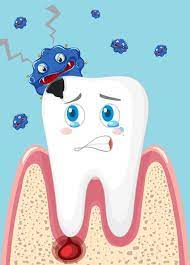Gut Health and Weight Management: How Your Gut Affects Your Metabolism
-
Have you ever heard the saying, "trust your gut"? Well, it turns out that your gut is more than just a source of intuition. In fact, your gut health plays a significant role in your weight management. Your gut contains trillions of bacteria, which can either help or hinder your metabolism. In this article, we'll explore the link between gut health and weight management, and provide tips on how to improve your gut health for better weight management.
Impact of Your Gut on Your Metabolism
Your gut microbiome, which refers to the community of bacteria living in your gut, can affect your metabolism in several ways. Here are some of the ways your gut health can impact your weight management:
Nutrient Absorption
Your gut bacteria play a crucial role in breaking down food and absorbing nutrients. If you have an imbalance of "bad" bacteria in your gut, you may not be able to absorb all the nutrients from the food you eat. This can lead to malnutrition, which can cause weight gain or difficulty losing weight.
Inflammation
An unhealthy gut can lead to chronic inflammation, which has been linked to obesity. When your body is inflamed, it releases cytokines, which can cause insulin resistance and make it harder to lose weight.
Hormones
Your gut bacteria also play a role in regulating hormones that control hunger and satiety. For example, the hormone leptin signals to your brain when you're full, while ghrelin stimulates appetite. An imbalance of gut bacteria can disrupt these hormones, leading to overeating and weight gain.
Metabolism
Your gut microbiome can affect your metabolism by regulating the production of short-chain fatty acids (SCFAs). SCFAs are produced when your gut bacteria break down dietary fiber. They can help regulate blood sugar levels and increase energy expenditure, which can aid in weight management.
Cravings
Have you ever craved a specific food? Your gut bacteria may be to blame. Studies have shown that the composition of your gut microbiome can affect food cravings. For example, if you have an overgrowth of "bad" bacteria, you may crave sugar and processed foods, which can lead to weight gain.

Improving Gut Health for Better Weight Management
Now that we understand the link between gut health and weight management, let's explore some ways to improve your gut health.
Eat a Diverse Diet
Eating a diverse diet can help promote a healthy gut microbiome. Aim to eat a variety of fruits, vegetables, whole grains, and lean proteins. These foods contain prebiotic fiber, which can feed the "good" bacteria in your gut.
Avoid Processed Foods
Processed foods are often high in sugar, salt, and unhealthy fats, which can disrupt your gut microbiome. Instead, opt for whole foods that are minimally processed.
Take Probiotics
Probiotics are live bacteria that can help restore a healthy balance of gut bacteria. You can find probiotics in fermented foods like yogurt, kefir, and sauerkraut, or in supplement form.
Manage Stress
Stress can disrupt your gut microbiome, leading to inflammation and weight gain. Try to manage stress through meditation, yoga, or other stress-relieving activities.
Get Enough Sleep
Sleep is crucial for gut health and weight management.
Conclusion
In conclusion, it's clear that gut health and weight management are closely linked, with the gut microbiome playing a crucial role in metabolism and overall health. Poor gut health can disrupt nutrient absorption, cause inflammation, and contribute to weight gain or difficulty losing weight.
To support gut health and aid in weight management, it is important to eat a diverse diet, take probiotics, manage stress, get enough sleep, and exercise regularly. By prioritizing gut health and making small changes to lifestyle, you can support your body's natural processes and improve overall health and well-being.
FAQs
Q: How does an unhealthy gut affect weight management?
An unhealthy gut can disrupt nutrient absorption, cause inflammation, disrupt hormone regulation, slow down metabolism, and lead to food cravings, all of which can contribute to weight gain or difficulty losing weight.
Q: Can probiotics help with weight management?
Probiotics can help restore a healthy balance of gut bacteria, which can aid in weight management. Some studies have shown that certain strains of probiotics can help reduce body weight and fat mass.
Q: What foods should I eat to improve gut health?
Eating a diverse diet that includes fruits, vegetables, whole grains, and lean proteins can promote a healthy gut microbiome. These foods contain prebiotic fiber, which can feed the "good" bacteria in your gut.
Q: How can I reduce inflammation in my gut?
Avoiding processed foods, managing stress, getting enough sleep, and eating anti-inflammatory foods like fatty fish, leafy greens, and berries can help reduce inflammation in your gut.
Q: Can exercise help improve gut health?
Yes, regular exercise has been shown to promote a healthy gut microbiome. Exercise can increase the production of short-chain fatty acids (SCFAs), which can improve gut health and aid in weight management.
If you're looking for a tasty and best way to freshen your breath and support your oral health, give Nude Mints a try! With a variety of delicious flavors, Nude Mints are a great addition to your daily routine. Plus, the use of Nude Mints is a safer option for your teeth compared to traditional mints.
Visit our website to learn more and order your own supply of Nude Mints today!
Get the freshest news on your favorite mouth cleanser and gut freshener!
Read More
-

Halitosis: Understanding the Causes, Diagnosis, and Treatment for Fresh Breath
Halitosis, commonly known as bad breath, is a condition that affects a large number of people worldwide. It can be an embarrassing and isolating experience, but it is important to know that it is a common problem and that there are effective treatments available. In this article, we will discuss the causes, diagnosis, and treatment of halitosis. Causes of Halitosis Halitosis can have several causes, both internal and external. The most common causes include poor oral hygiene, dry mouth, certain foods and drinks, smoking, and certain medical conditions. Poor Oral Hygiene Poor oral hygiene is the most common cause of halitosis. When food particles and bacteria build up in the mouth, they can cause an unpleasant odor. Brushing and flossing...
-

Crucial Connection Between Nutrition and Oral Health: Guide for Better Dental Care
As a dental health professional, we understand the importance of maintaining good oral hygiene to prevent cavities and gum disease. Brushing twice a day and flossing daily are essential habits, but did you know that nutrition also plays a crucial role in keeping your mouth healthy? In this article, we will explore the connection between nutrition and oral health and how you can make better food choices to support your dental health. How Nutrition Affects Oral Health Your diet can impact your oral health in many ways. A diet high in sugary and acidic foods can increase the risk of tooth decay and gum disease. When you eat sugary foods, the bacteria in your mouth feed on the sugar and...
-

How to Treat Bad Breath Caused by Dry Mouth
Do you ever feel self-conscious about your breath? Do people avoid talking to you because of bad breath? Dry mouth, also known as xerostomia, can cause bad breath and make social interactions uncomfortable. In this article, we will discuss what causes dry mouth, how it leads to bad breath, and what you can do to treat it. Table of Contents What is dry mouth? Causes of dry mouth How dry mouth causes bad breath Signs and symptoms of dry mouth Diagnosis of dry mouth Treating dry mouth Home remedies for dry mouth Professional treatments for dry mouth Tips for maintaining oral hygiene Foods and drinks to avoid with dry mouth Conclusion FAQs What is dry mouth? Dry mouth occurs when...
-

The Relationship Between Diabetes and Gum Disease: Understanding the Link
Diabetes and gum disease are two conditions that may seem unrelated, but research has shown that they are actually closely linked. In fact, individuals with diabetes are more likely to develop gum disease, and those with gum disease are more likely to have difficulty controlling their blood sugar levels. This article will explore the connection between diabetes and gum disease, and provide insights on how you can reduce your risk of developing both. The Relationship Between Diabetes and Gum Disease Diabetes is a condition that affects the body's ability to produce or respond to insulin, a hormone that regulates blood sugar levels. When blood sugar levels are consistently high, it can lead to a range of health complications, including nerve...






